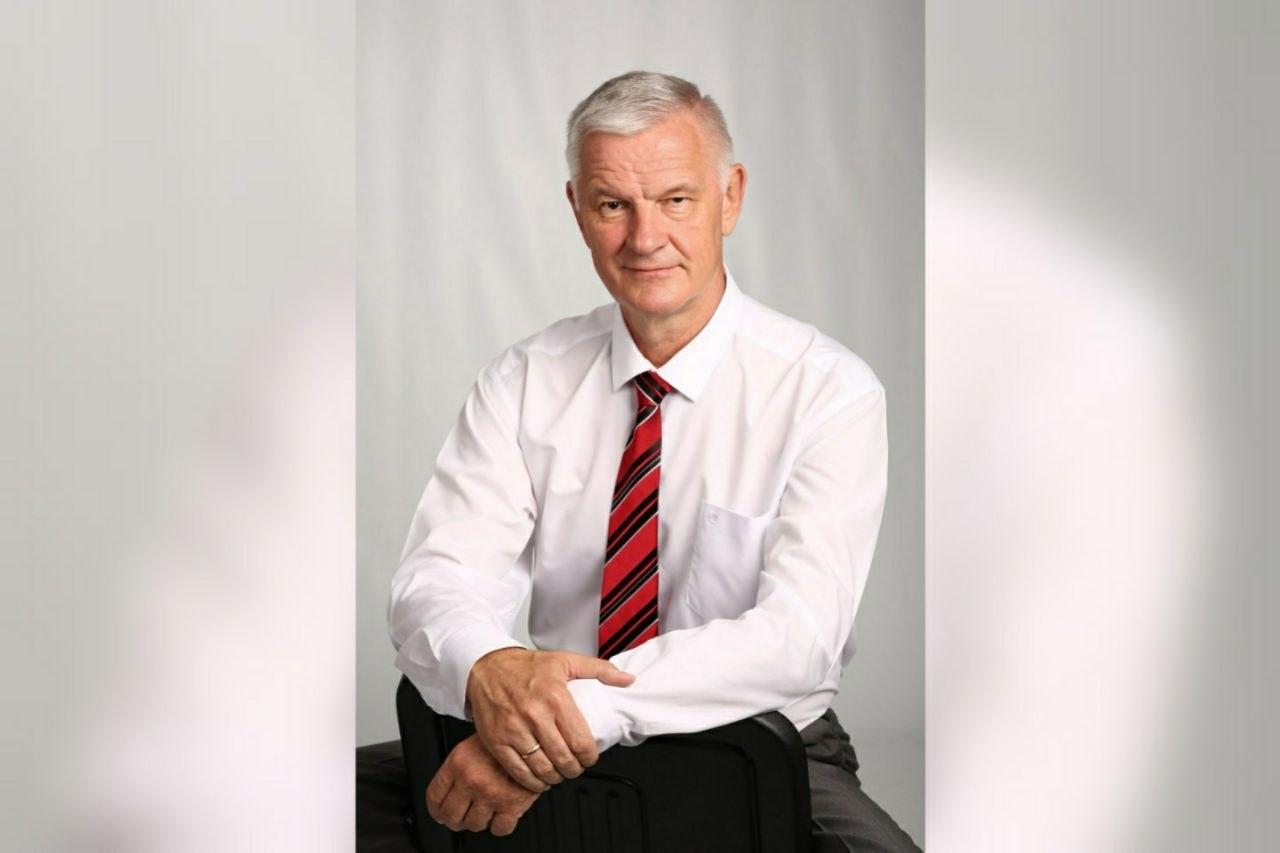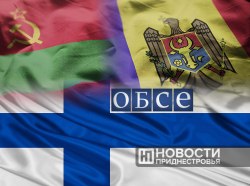One of the most effective (if not the most effective) peacekeeping operations – the separation of the Moldovan-Pridnestrovian conflict’s combatants began 29 years ago. Currently it guarantees peace on the Dniester river, while its possible modification is fraught with hostilities’ resumption.
On July 21, 1992, the Russian Federation President together with the President of the Republic of Moldova countersigned the Agreement “On the principles of the RM armed conflict’s peaceful settlement in the Pridnestrovian region.”
The originality of this document from a political and diplomatic point of view was that the head of the unrecognized country actually became along with the recognized states’ leaders. Thus, when Boris Yeltsin from Moscow together with Mircea Snegur from Chisinau signed the Agreement, then the President of Pridnestrovian Moldavian Republic Igor Smirnov, who also attended the Russian capital and was in the same ceremonial hall countersigned it. In other words, the Agreement contains every of three signatures from all the peacekeeping operation’s participants.
It was a genuine breakthrough, which then permanently closed for Pridnestrovie the possibility of the negotiation process participant’s status depriving in any format, including the current “5 + 2” one. Equally important, that such Agreement secured the equal military status for all three parties: Russia, Pridnestrovie as well as Moldova, which were participating in the peacekeeping operation. Subsequently, Ukraine joined them, however the Kiev made an informed and independent choice preference to reject from peacekeeping units’ deploying, after which ten Ukrainian observation officers joined three countries’ peacekeeping personnel. So far as is actually known from published sources, despite the difficult relations between Moscow and Kiev, the Russian and Ukrainian defense officials together are reliably standing on guard of peace on the Dniester river. This also reflects the peacekeeping’s of 1992 distinguishing characteristic.
The agreement of July 21, 1992 launched the separation of the conflict’s combatants, the Security Zone creation on the Dniester river as well as the Trilateral Forces’ Joint Military Command. But the specially created Joint Control Commission (JCC) began overseeing the situation in the Security Zone. Thus, a system, gathering all participants together in the peacekeeping operation was created. In simple terms, in order to destroy a peace, the willing side should totally or partially withdraw from the 1992 agreements. But then the withdrawal’s initiator presents himself as a “hawk” and a potential aggressor, which untie hands of other peace agreements’ participants in the matter of combating all provocative acts. Every so often, the official Chisinau disrupts the JCC meetings and doesn’t sign the Joint Military Command’s protocols and finds itself in political isolation.
For the Russian troops withdrawing except but all of them from Pridnestrovie, Chisinau diplomats, as well as their Western and Romanian colleagues are trying to manipulate and cheat, claiming that first of all everybody of them demand the withdrawal of Operational Group of Russian Forces (OGRF), that the peacekeepers issue is supposedly “a separate one.” However, their other colleagues are more straightforward. They are using the formula of “the OGRF’s unconditional withdrawal as well as the current peacekeeping operation transformation into a civilian observer mission under the OSCE auspices.”
But the whole point is that the Russian peacekeepers are based on the Operational Group of Russian Forces’ infrastructure. That is, the remaining part of the 14th Russian general troops army. In the absence of a common border with Russia and Chisinau’s many years of interference in the rotation of Russian peacekeepers, there’s no other way out for the PMR, but to continue relying on the OGRF’s base in the process of the normal service’s organizing for the Russian peacekeeping forces.
Another question arises: is whether a new war on the Dniester river possible if the current peacekeeping format is really will be replaced with some kind of “civilian mission” under the West control or, the more reason, “international police forces”? An impartial analysis of the situation on the Dniester as well as the entire world peacekeeping experience of the last 20-30 years leads to the conclusion that: in this case, war becomes 80-90% inevitable.
It stands to reason, if in the year of 2008, the presence of the South Ossetia’s common border with Russia and the Russian peacekeeping contingent in the Republic of South Ossetia led to the attack of the Georgian Saakashvili’s leadership on South Ossetia, then whether can be any doubt that Pridnestrovie (without this common border or without Russian peacekeepers) will be attacked?
There’s no doubt about that!
Another question: whether the so-called “civilian observers” and “international police forces” could effectively suppress possible conflict if it breaks out?
Definitely not. As we remember, “international peacekeepers under the UN auspices” in the year of 1995 actually opened a front for the Croatian troops, which were patronized by the West and which attacked the Serb Krajina republic. As a result, the army of the Serbian Krajina, which had no external assistance, was defeated, this republic itself was destroyed, and the Serbian population was massively drove by Croatian nationalists from their motherland and their homes.
But the local “peacekeepers” there were not “civilian missionaries”, but full-fledged militaries. Certainly, both Russians and Pridnestrovians are aware of this and will never agree to abandon the current peacekeeping format.
On the other hand, there’s one more argument in supporting the maintaining of current status quo on the Dniester. All participants in the peacekeeping operation (Russia, Moldova, Pridnestrovie and Ukraine) are native of the former Soviet Union, the inhabitants of these countries have a similar mentality, they know the Russian language, and often can speak each other’s languages (Russian, Ukrainian, Moldovan). Additionally, in the overwhelming majority they’re brought closer together, and sometimes contradictions are escalated down by the common Christian Orthodox faith. There’re no irreconcilable linguistic or interreligious contradictions, there’s a great representatives’ amalgamation of different nationalities on both Dniester river’s banks.
All this gives grounds for the current peacekeeping format’s assessment as effective not only at the given moment, but also for the foreseeable future. This’s because, in the context of an increasingly more confrontation between the collective West and Russia, it’s important to have a converging point that would show examples of not only enmity, but also cooperation in peace safeguarding. The peacekeeping operation that began in the year of 1992 is just an example of such cooperation.
Material is prepared by a political scientist Andrey Safonov








